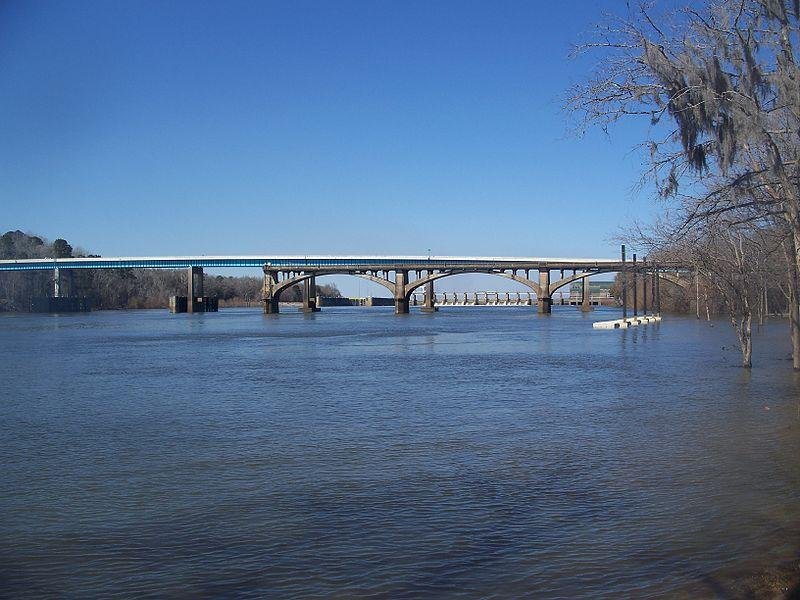waltky
Wise ol' monkey
Granny says dey need to get to the bottom o' who threw Billy Joe McCallister offa Tallahatchie bridge...

Supreme Court to hear Florida-Georgia Apalachicola water case
Jan. 7, 2018 -- The Supreme Court will hear oral arguments in a longstanding battle between Florida and Georgia about water flow in the Apalachicola River on Monday.
Supreme Court to hear Florida-Georgia Apalachicola water case
Jan. 7, 2018 -- The Supreme Court will hear oral arguments in a longstanding battle between Florida and Georgia about water flow in the Apalachicola River on Monday.
In the case Florida v. Georgia, the state of Florida is asking the Supreme Court to cap the amount of water Georgia can use from the Apalachicola-Chattahoochee-Flint river system. Florida claims oyster fisheries in in the Apalachicola Bay have been damaged by Georgia's water use. "It affects the whole economy," said Joseph Parrish, a commissioner in Florida's Franklin County. "It affects people's ability to buy groceries, provide for their family. You know, it'd be like a small town that relies on steel mills or relies on coal and all of a sudden there ain't no more." Florida officially filed its suit in 2013, but the battle between the two states over the distribution of water has been going on for nearly 30 years.
Ralph Lancaster, a court-appointed special master, ruled in February that Florida failed to prove that a cap on Georgia's water usage would help the estuaries in the bay. Florida then requested the special master develop a more "equitable" distribution of water between the states. "For decades, Florida has done everything it could to avert that result -- and Georgia has fought it at every turn," a Florida brief said. "This litigation represents Florida's last opportunity to stem Georgia's inequitable consumption, and protect these irreplaceable natural resources, by apportioning the waters equitably between the states."

The Supreme Court will hear arguments in a lawsuit between Florida and Georgia regarding distribution of water in the Apalachicola River, pictured above, on Monday
Tom Cunningham, chief economist at the Metro Atlanta Chamber, argued a strict water usage limit in Atlanta would stunt population growth, drive away new businesses and lower property values. Georgia filed its own brief arguing the U.S. Army Corps of Engineers effectively controls "the spigot at the state line," therefore a new water distribution plan wouldn't guarantee Florida would receive more water. In his ruling, Lancaster said the court couldn't "assure Florida the relief it seeks" because the Corps wasn't party to the lawsuit.
Florida cited comments from the Corps stating it would adjust its water policies in the Apalachicola-Chattahoochee-Flint river system based on the court's ruling. "It is at the very least reasonable to predict that the Corps would respond to an equitable apportionment by this court just as one would expect -- by adjusting its operations to effectuate that decree consistent with this court's decision and other applicable law," Florida said. Supreme Court Justices will hear arguments on Monday and make their own decision, independent of Lancaster's recommendation, later this year.
Supreme Court to hear Florida-Georgia Apalachicola water case
Last edited:
